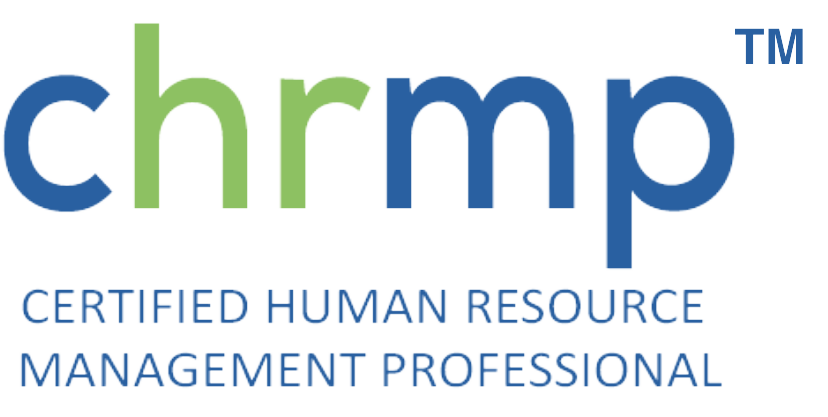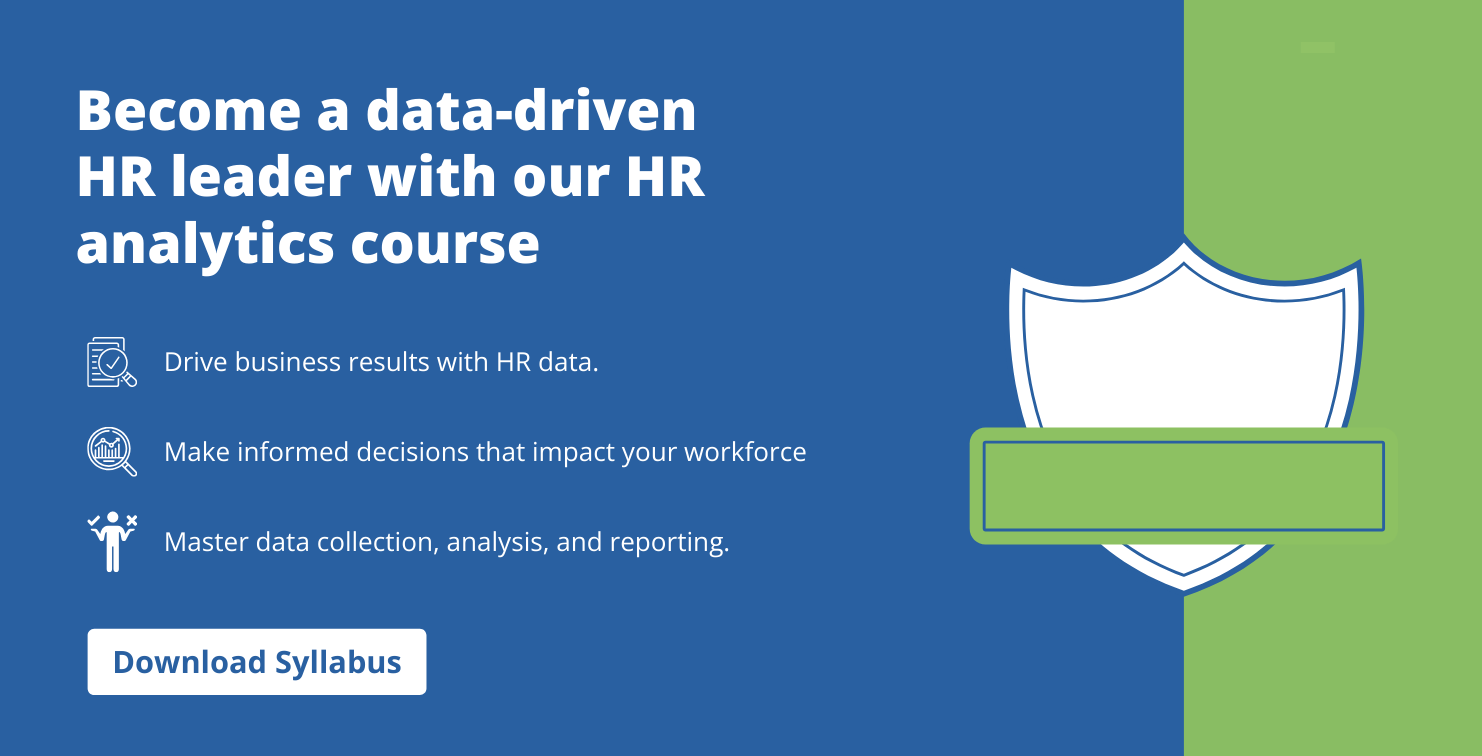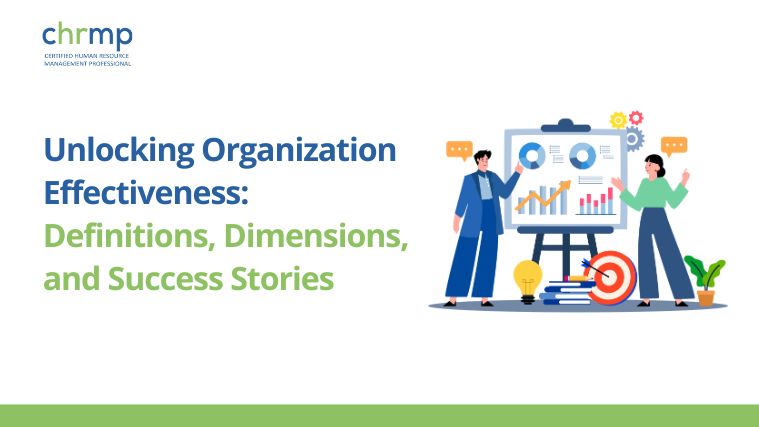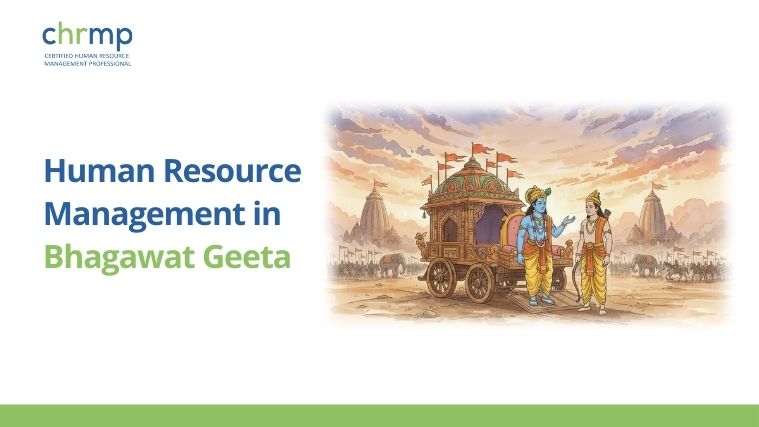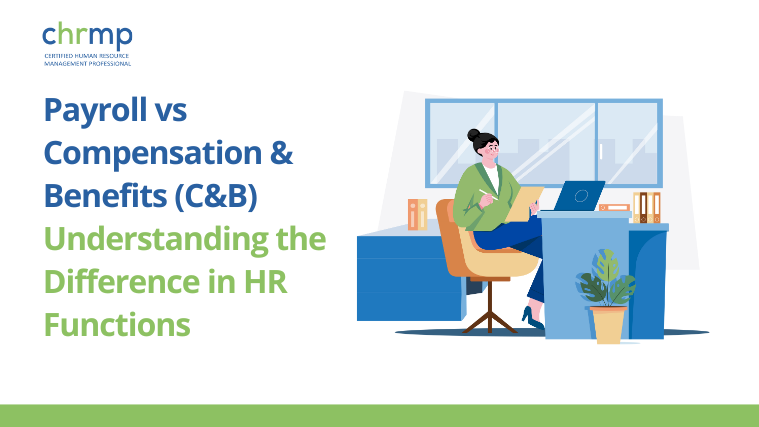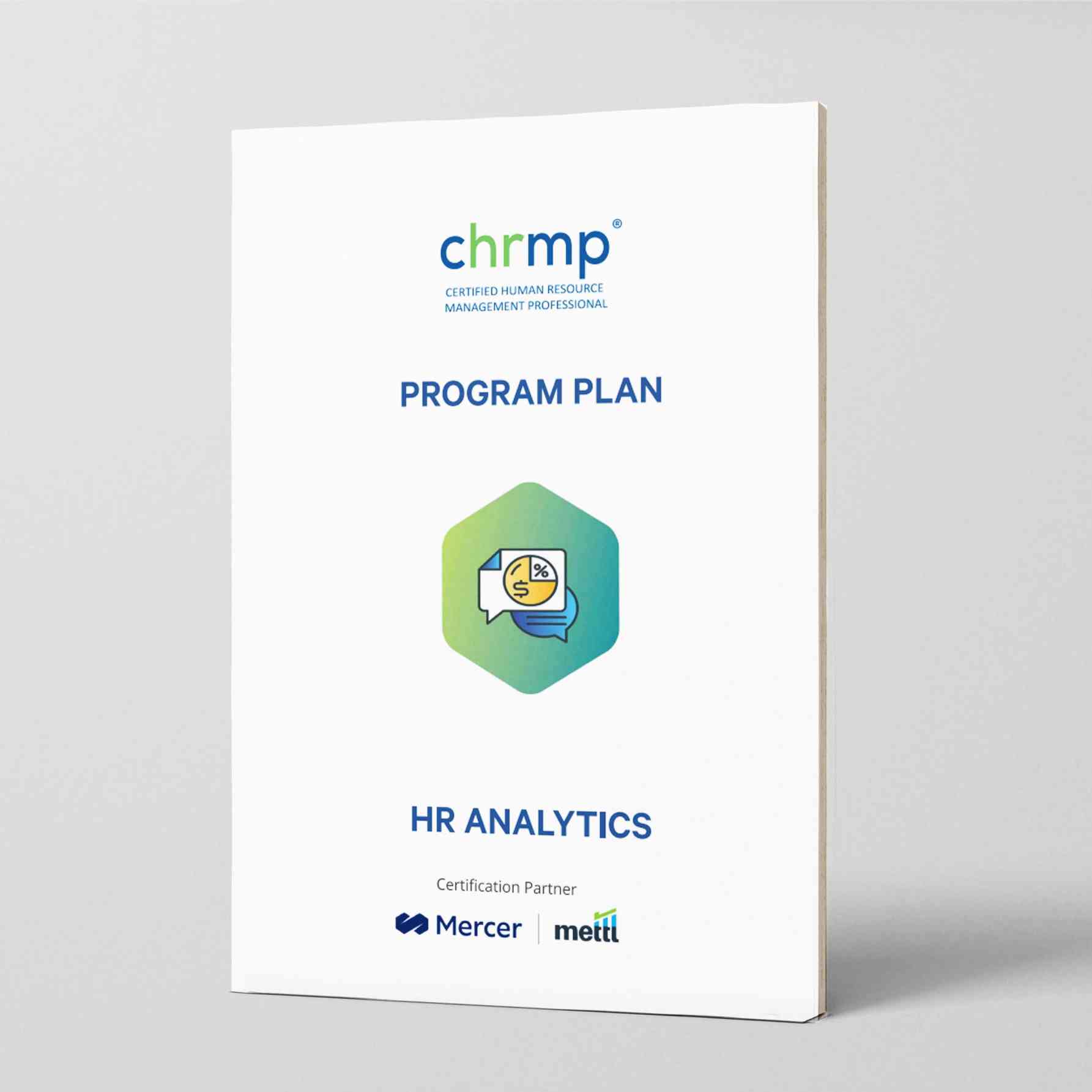One of the industries that are rapidly expanding and offer great career opportunities is human resources (HR). Since HR professionals work in almost every industry, they must possess many skills to do their jobs effectively. You can prepare for a prosperous career in this field by learning what HR skills are in high demand.
Do you have the HR skills required to be a Human Resource professional in an organisation?
Whether you’re just beginning your career in human resources or are an experienced HR professional, learning effective organisation, communication, confidentiality, and adaptability as part of your HR skills will help you manage your daily tasks and increase productivity.
In this article, let’s analyse some of the essential HR skills.
Top 26+ HR Skills that You Should Know About
1. Communication Skills
Communication skills are one of the important HR skills because HR helps bridge the gap between a company and its employees.
You must be able to stand up for workers who need your help while also acting as a forceful, diplomatic representative of the company.
The ability to speak to a wide range of audiences, tell stories, and much more are all examples of communication skills in HR.
2. Writing skills
An HR manager should be proficient in writing and communication to connect with other employees.
Writing abilities should be outstanding because every word reflects favourably on every employee.
Additionally, an HR manager is in charge of creating staff policy manuals and training materials, both of which call for more vital writing abilities.
Have a look at suggestions for effective technical writing.
3. Critical thinking
Critical thinking is a vital HR skills. It involves the capacity to evaluate information and come to sound conclusions based on that information.
As you advance in your position, you’ll want to establish a reputation for dependability.
Making wise choices in hiring, handling conflict, and disseminating news will be made easier with critical thinking.
4. Team player
HR professionals collaborate in teams to support the organisation. Still, they also need to be equipped with the means to interact with groups that fall outside the scope of human resources.
You must get along well with upper management, other employees who need help, and management itself.
Consider it this way: As an HR professional, you should be so skilled at teamwork that you can successfully close any hierarchical organisational gap.
5. Leadership skills
There is no doubt that the field of human resources has a lot of room for growth.
You can gain a wide range of experiences from this varied and diverse career path.
You’ll need to hone your leadership abilities if you want to benefit from everything the industry has to offer.
Being a confident leader entails being able to take on challenging situations, act with integrity, forge connections, and project a trustworthy image to those around you.
Additionally, leaders have a significant positive impact on those around them. Regardless of the position you hold right now, you should start developing your leadership HR skills right away.
6. Legal Knowledge
With state-by-state variations in labour laws and updates to these laws every few years, it’s a critical HR skills to understand any changes to your organisation’s legal responsibilities to its employees.
You’ll need to be able to distil complex information for managers and employees and maintain a solid understanding of compliance.
7. Recruitment and Onboarding skills
Smaller teams might share these duties even though most HR teams have designated recruiters.
To help their organisation thrive in a cutthroat market within their industry, all HR professionals should be up to date on what draws critical talent.
With confidence, learning management systems, social media sites like LinkedIn, and applicant/new employee tracking software programs is essential for recruiting and onboarding.
Additionally, HR will need to be able to walk new hires through compliance training and need to have a solid grasp of budgets for salary negotiations.
To gather information on retention, training expenses, and ROI, HR team members will need to keep meticulous records of the progress of applicants and new hires throughout the entire process.
8. Training and development skills
Training and development in one of the most crucial HR skills. Depending on your position, you might be responsible for onboarding and training new employees or supporting employee learning.
To share information, you should be able to work both independently and in groups.
Training and development can help resolve disputes and support managers.
9. Budget skills
For those who currently work in or aspire to work in payroll and benefits, financial literacy is an incredibly crucial HR skills of hone.
Additionally, it is typical for human resource professionals to have a thorough understanding of budgeting requirements and issues.
Your hard skills in finance may include licences, the software you are proficient with, and courses you have taken.
To stay competitive in the HR market, HR professionals plan to work to learn new things in this category constantly.
No matter how you decide to keep learning about HR finance, this is true.
10. Integrity & Equity
While HR professionals are expected to relate well to everyone within the company, HR is tasked with improving the company’s culture concerning diversity, equity, inclusion, and belonging issues.
Employee retention and productivity are increased when HR can aid in fostering a sense of equity and inclusion in the workplace.
This is a problem for hiring and recruiting because, according to Glassdoor, almost one-third of candidates would choose not to apply to a company with a diverse workforce.
HR professionals can plan to integrate DEI into essential systems and structures rather than treating these issues as an afterthought.
11. Confidentiality and discretion
Many conversations throughout your human resources career will call for discretion or confidentiality.
Using critical thinking and judgement to decide what non-protected information to share and what should be kept to yourself out of respect is just as important as being aware of your legal obligations to protect data.
12. Record management
Managing data and documents, including employment contracts, is under the HR departments’ physical and digital watch.
Maintaining accurate and detailed records of your company’s personnel and technological infrastructure necessitates working knowledge of various software applications and keen organisation and persistence.
To be a good records keeper, it would be best to have strong professionalism, time management, organisation, and more. Still, you must bring that all into understanding the best programmers and systems to apply these skills.
This skill combines many of the following soft skills with technology-related hard skills.
In large teams, HR specialists are usually in charge of maintaining and retrieving employee data from effective filing systems (e.g. HRIS.)
13. Scheduling skills
HR professionals must cram in other crucial tasks, like organising company events and setting up employee training and development, between meetings with coworkers and executives.
Effective schedule management techniques aid in the productivity of busy HR teams.
14. Utilising Data
Data tracking across various systems is primarily the responsibility of HR teams.
Businesses require HR to closely monitor all workplace trends, from budgeting to employee behaviour.
HR professionals should have a solid understanding of working with qualitative and quantitative data and the ability to distil complex information into insights that can be used to steer the business in the right direction.
Not every member of the HR team will be required to work with the data, but you will advance in your position the more comfortable you are working with numbers and compiling data into reports.
15. Career and Personal Development
This soft skill may be significantly influenced by the types of professional development opportunities your company provides for its staff; however, if necessary, you can always commit yourself to work to advance your career.
For instance, simply reading this article and considering how you can develop or practice these skills is a form of career development.
Focus on areas that need work that will make you feel accomplished once you reach your objectives at the end of the day.
16. Strategy & Structure
From your position in HR, you can successfully guide your company to success by having a strategic mindset.
The more you can practice this on a small scale, the better you will get at aligning yourself and your teams around shared objectives.
So that you can implement complex strategies, even though you might not have a role that heavily involves you in creating the strategic vision for your company.
Additionally, this will support your professional development in project management or training and development.
17. Adaptability and Flexibility
Your flexibility and adaptability will be tested if you set out to support an organisation’s growth and expansion or if you commit to working for one company for an extended period.
This requires gracefully adapting to change and showing coworkers how to do the same.
The uncertainty that results from changes in the market, management, strategy, etc., will inevitably lead to stress.
Earning into uncertainty and developing into a flexible worker will help you navigate this by aligning yourself and your teammates around shared goals, clear communication, and a positive outlook.
18. Proactivity
We don’t often discuss planning, but it’s one of the best skills an HR professional can develop.
Once you have mastered critical thinking, you can use it to improve how you plan for potential conflicts or changes in the workplace.
Perceptiveness and the ability to spot trends will enable you to be ready for whatever comes your way, which will help you establish a solid reputation as a knowledgeable and trustworthy individual.
19. Intelligence in Emotions
This competency relates to the capacity to identify and comprehend emotions in oneself and others.
We can become more patient and empathetic by attempting to comprehend our behaviours through the lens of what thoughts and feelings are causing them.
This can lessen burnout and promote a positive workplace culture.
20. Active Hearing
You give someone your full attention when actively listening to them.
This indicates that you are paying attention to understand, remembering what they are saying, and asking them questions to get more information.
You can show that you are paying attention to someone speaking by using verbal and nonverbal cues; you probably already do this as you pay attention to the speaker’s tone and body language.
Reflecting what you’ve heard back to the speaker is a practical exercise in active listening.
This gives them a chance to clear up any possible misunderstandings and will also help to demonstrate that you are interested in what they are saying.
21. Cultural Sensitivity
Building cultural awareness requires specific abilities related to creating systems and achieving objectives.
Yes, being sensitive to cultures other than your own and trying to comprehend, accept, and celebrate those cultures at work are part of cultural awareness.
However, cultural sensitivity falls under the purview of human resources, which also includes paying attention to the company’s culture.
How do team dynamics and behaviours accommodate diversity?
How does the culture of your company embrace diversity?
Exist any room for development, and how can you help bring about a better future?
22. Ethics at Work
You can tell you have a strong work ethic when you prioritise the integrity and quality of your work.
You can establish a strong work ethic that distinguishes you as a model of respect, dependability, and leadership by acting with a sense of altruism.
Be careful not to equate work ethic with the notion that exploiting others is acceptable, putting in excessive hours, or using shortcuts to success.
A person’s work ethic is determined by a set of moral principles that help them perform following their values and the culture of their organisation.
23. Problem-Solving
We all encounter obstacles and issues that seem to have no solutions throughout our careers.
How we respond to these situations reveals a lot about who we are.
How we solve problems depends on various factors, including our capacity for maintaining composure under pressure, foresight, and critical thinking.
24. Good understanding of technology
HR professionals must manage so many people and systems simultaneously that it’s essential to be familiar with the tools used by your company to complete your work quickly and accurately.
This will entail working knowledge of various software programmes, including payroll, benefits, applicant tracking systems, and human resource information systems.
Some organisations will combine all of these systems into a single software, but some still employ a variety of software systems.
Knowing how to balance using various programmes and being familiar with the programmes that integrate these systems will help you do your job more effectively.
25. Inspiration & Power
Your leadership abilities will start to improve as your career develops.
You’ll want to surround yourself with influential people and be a helpful motivator.
This will enhance your teammates’ natural talents, and it will also help you win your teammates’ trust.
You can also look at 14 HR functions that are important for an HR professional.
26. Administrative Expertise
As an HR professional, you juggle multiple administrative tasks, from payroll processing to employee documentation. Strong administrative skills help you maintain compliance, streamline operations, and keep everything running smoothly.
Whether you’re managing benefits, handling HR software, or organizing records, your expertise ensures efficiency and accuracy in day-to-day tasks.
27. Commercial Awareness
HR isn’t just about policies—it’s about business impact. You need to understand how your decisions affect revenue, productivity, and growth.
When you align HR strategies with business goals, you help leadership make smarter workforce decisions.
A commercially aware HR professional can balance employee needs while driving the company forward.
28. Wellbeing Evangelism
Your role goes beyond hiring and policies—you also shape workplace well-being.
Employees look to HR for support in managing stress, work-life balance, and overall wellness.
By promoting mental health initiatives, flexible work options, and wellness programs, you create a healthier, happier, and more productive workforce.
Also Check: Employee Productivity And Its Different Aspects
29. Advising
Every day, employees and leadership turn to you for guidance—on workplace policies, career growth, or conflict resolution.
Your ability to advise with fairness, clarity, and confidence strengthens trust across the organization. By listening actively and offering well-informed recommendations, you shape a positive and supportive work culture.
30. HR Reporting Skills
HR is becoming increasingly data-driven, and you need to keep up.
Tracking workforce trends, analyzing employee engagement, and presenting data-driven insights will help you make informed decisions.
Whether it’s turnover rates, hiring patterns, or productivity metrics, your ability to interpret and communicate HR data is crucial for driving business success.
Top 8 Technical HR Skills 2025
The field of Human Resources (HR) has evolved significantly in recent years, with technology playing a crucial role in transforming various HR processes.
Here are five top technical HR skills that are in high demand:
1.Data Analytics
HR professionals who can analyze and interpret HR data are highly sought after. Proficiency in using data analytics tools and techniques allows HR practitioners to make data-driven decisions, identify trends, and measure the impact of HR initiatives.
2. HR Information Systems (HRIS)
HRIS platforms streamline and automate various HR tasks, such as employee data management, payroll, benefits administration, and performance management. Proficiency in using HRIS software and understanding database management is essential for efficient HR operations.
3. Talent Acquisition Technology
With the rise of applicant tracking systems (ATS), AI-powered candidate screening tools, and online sourcing platforms, HR professionals need to be familiar with these technologies. Understanding how to leverage technology for sourcing, screening, and selecting top talent is critical in modern recruitment.
4. Employee Engagement Platforms
Companies are increasingly adopting digital platforms and tools to enhance employee engagement and productivity. HR professionals who can implement and manage employee engagement platforms, such as intranets, collaboration tools, and recognition systems, can create a positive workplace culture.
5. Compliance and HR Regulations
Staying up to date with employment laws, regulations, and compliance requirements is crucial for HR professionals. Being knowledgeable about technology-related compliance issues, such as data privacy and security regulations, is particularly important in today’s digital landscape.
6. Employee Engagement Platforms
Employee engagement platforms help you create a motivated, connected, and productive workforce. These tools facilitate real-time feedback, peer recognition, pulse surveys, and collaboration, making it easier to gauge employee sentiment. Platforms like Microsoft Viva, Officevibe, and Kudos empower HR to track engagement trends and address workplace concerns proactively.
7. Social Media Proficiency
HR professionals can no longer afford to ignore social media—it’s a game-changer for employer branding, recruitment, and employee advocacy. These platforms allow you to showcase company culture, engage potential candidates, and stay updated on industry trends. Social media proficiency also includes understanding analytics, running targeted job ads, and managing online reputation. Whether you’re building talent pipelines or driving employee engagement through internal networks, a strong grasp of social media helps you connect with both employees and candidates more effectively.
8. HR Chatbots & AI Automation
HR chatbots are revolutionizing the way employees interact with HR. These AI-driven assistants can instantly answer FAQs, assist with onboarding, schedule interviews, and even provide policy guidance—reducing the workload on HR teams. By integrating chatbots into HR systems, you can improve response times, enhance employee experience, and streamline administrative tasks. AI automation also helps in analyzing employee queries, identifying common concerns, and offering data-driven insights for better decision-making.
These skills, combined with a solid understanding of core HR principles and effective communication, can empower HR professionals to effectively navigate the evolving HR landscape and drive organizational success.
What are the Characteristics of a Good HR Professional?
- An HR professional must be able to switch between tasks quickly because they must complete many tasks in a single day. Therefore, they must understand how to prioritise tasks.
- Many issues, including employee dissatisfaction and appraisal dissatisfaction, must be addressed by HR professionals. Therefore, they must understand how to handle problems and maintain employee motivation.
- Professionals in HR must be able to take risks. They may occasionally find it difficult to decide who to hire and fire. Even if they make the wrong choice sometimes, they must learn from them.
How do You Implement these HR Skills Adequately?
We understand that there is a lot to consider when evaluating your hard and soft skills as an HR professional.
With some of these ideas, it can be challenging to know how to proceed, and developing soft skills is especially difficult because so much of it involves subjective matter.
But that’s where CHRMP comes in; CHRMP provides courses that can help you practice new behaviours and set achievable goals. These courses will benefit you in achieving your career development goals.
Conclusion | HR Skills
In today’s rapidly changing business environment, the role of Human Resources (HR) has become increasingly critical. HR professionals are expected to possess a diverse skill set that goes beyond traditional HR knowledge. This blog has highlighted the top 25 HR skills that are in high demand, helping HR practitioners stay relevant and excel in their roles.
From strategic skills like talent management, succession planning, and change management to technical skills like data analytics, HRIS, and compliance, the HR field requires professionals to be versatile and adaptable. Additionally, soft skills such as communication, empathy, and leadership are equally important for effective HR management.
While this list provides an overview of the key HR skills, it’s important to tailor your skill development based on your organization’s needs, industry trends, and personal growth aspirations. Stay curious, stay proactive, and embrace the exciting opportunities that lie ahead in the world of HR.
HR Skills Frequently Asked Questions (FAQ’S)
1. What are HR competences and skills?
Human resources professionals can perform their tasks successfully thanks to their HR skills and competencies.
Active listening, event planning, objectivity, and team-building techniques are a few examples of HR talents.
2. Which HR skills are most important?
Interpersonal skills, conflict resolution abilities, communication abilities, and administrative abilities are among the top HR talents.
3. What will the future of HR skills look like?
Technical skills are in high demand as software and automation for HR are becoming increasingly widespread.
While HR is becoming more digital, empathy is still crucial.
The capacity to take into account and reconcile different points of view will be a useful asset in the HR area in the future years, among requests for better diversity and inclusion at work.
4. How can I strengthen my knowledge of human resources?
The most reliable method of learning human resources skills is through on-the-job experience. You will gain confidence and skill as you manage daily duties.
Utilizing HR tools and software, reading books and articles, and taking courses are additional approaches to enhance HR.
For HR professionals specifically, CHRMP offers online courses. Visit www.chrmp.com for additional information.
5. What HR skills are most in demand in 2025?
In 2025, HR professionals will need skills like data analytics, AI integration, employee engagement strategies, and DEI (Diversity, Equity, and Inclusion). Tech-savviness with HRIS, LMS, and digital performance tools will also be critical. Additionally, soft skills like adaptability, empathy, and communication will remain essential to navigate hybrid workplaces and evolving employee expectations.
6. What will HR look like in 2025?
HR in 2025 will be more tech-driven, with AI and automation transforming recruitment, onboarding, and engagement processes. Hybrid work models will dominate, requiring HR to focus on flexibility, mental health, and inclusivity. HR will play a strategic role in aligning workforce planning with business goals, while leveraging analytics to shape data-driven decisions.
7. What is the HR agenda for 2025?
The HR agenda for 2025 will prioritize employee well-being, digital transformation, and fostering inclusive cultures. Building future-ready teams through upskilling and reskilling will take center stage. HR leaders will focus on sustainable talent acquisition, retention strategies, and aligning people practices with organizational values while keeping diversity, agility, and innovation at the forefront.
8. Is HR a good career in 2025?
Absolutely! HR is evolving into a highly strategic and technology-integrated field. With the rise of AI, automation, and hybrid work environments, HR professionals will play a pivotal role in shaping the future workforce. It offers dynamic career opportunities in areas like data-driven decision-making, employee experience design, and leadership development—making it a rewarding career choice in 2025.
9. What is the future of HR in the next 5 years?
The future of HR will be centered on adaptability and innovation. From AI-powered tools to personalized employee experiences, HR will focus on optimizing performance and engagement. Sustainability, DEI, and mental well-being will shape workplace cultures, while data and technology will redefine workforce strategies. HR will transform into a leadership-driven, people-first domain.
